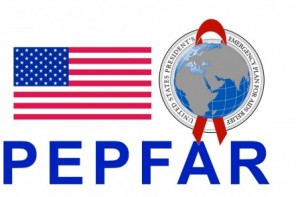The New York Times finally made it through the newest set of newly released documents on CIA interrogations and concludes that they suggest — wait for it — that torture was in fact an American policy closely monitored in Washington, not the uncoordinated work of Interrogators Gone Wild.
Now, I haven’t read the documents yet, but I can’t help being surprised at the idea that this is surprising. Sure, IGWs are a convenient political truth. But anyone who read the memos released earlier this year, from the Justice Department’s legal office, or read even an article about the memos, knows the obvious: this wasn’t all rogue behavior. This was a coordinated policy. The whole point of the Justice memos was to craft a policy that was, according to its makers, “legal.”
The Times article seems shocked to find out that interrogators monitored “the number of calories a prisoner consumed daily (1,500) [or] the number of hours he could be kept in a box (eight hours for the large box, two hours for the small one).” But those details were all in the memos. Yoo and Bradbury didn’t just write a legal opinion on a question brought before them; they their document is a de facto interrogation manual.
Sure, the details still had to be worked out, in a flurry of letters between the CIA and government lawyers, which are part of the more than 250 pages just released. The new set of documents can mean one of two things: in the words of Amnesty International, “They show how deeply rooted this new culture of mistreatment became.” In the words of a former lawyer for Reagan and Bush the First, they show that “[e]laborate care went into figuring out the precise gradations of coercion.” (A cookie to the lawyer who got “care” and “coercion” in the same sentence, within ten words of each other.)
Then again, this new development in America’s torture story just confirms our incredible amnesia. Last year, lawyer Philippe Sands published The Torture Team, a book based on hundreds of hours of interviews with top Bush administration officials which concluded that…can you guess?…torture was a policy that originated from the highest levels of the Bush administration. Before him, Darius Rejali, in his mammoth book Torture and Democracy, argued that countries which commit torture once will commit it again; that torture abroad eventually moves close to home; and that democracies are unique on the issue only insofar as they kid themselves about the truth of the prior two premises.
So let’s stop with the goldfish act; let’s recognize that torture policy — like any other policy — is led from the top; and let’s get serious about both prevention and accountability for the people who made these decisions, instead of threatening with prosecution only the people who followed them.


